At the age of 50, Oke Maduewesi has emerged as a pioneering force within Africa’s beauty sector. She is not only the visionary behind one of the continent’s most iconic cosmetic brands but also a symbol of creating with intention, dignity, and unwavering determination. As the founder and CEO of Zaron, her impact transcends makeup products, transforming the narrative around what “Made in Africa” truly represents.
To honor this significant milestone, we engaged Oke in a conversation about her path, her guiding principles, and the ambitious future she foresees for African beauty.
Oke, thank you for taking the time to speak with us. To start on a lighter note, how would you say your personal style has evolved now that you’ve reached 50?
My style has always leaned towards simplicity, elegance, and sophistication. While those elements remain, I’ve grown bolder in my choices. I feel truly at ease with my look. As I often say, “My appearance must reflect who I am.” For my birthday, I curated my own outfit and was genuinely proud of how it turned out.
Your birthday look was stunning! Many entrepreneurs mention that their businesses grow alongside them. Reflecting on your journey, how has the Oke who launched Zaron in 2011 transformed into the Oke of 2025?
I believe I’ve remained authentic to myself throughout. Staying grounded has been a conscious effort because it’s easy to lose sight of who you are amid business growth. I regularly pause to evaluate the person I’m becoming and make necessary adjustments. Humility, kindness, presence, and warmth are qualities I strive to uphold, even though maintaining them while scaling a company is challenging.
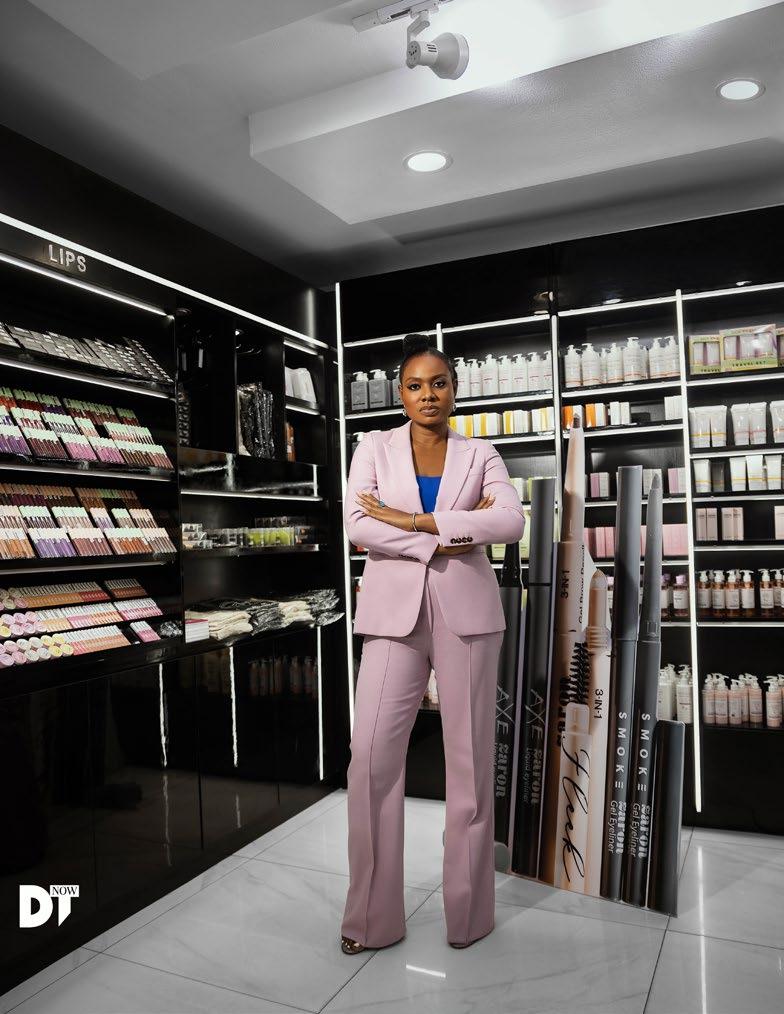 That’s truly insightful. You founded Zaron partly because you were unsettled by the dominance of foreign business case studies during your education. If you were to craft a case study on Zaron today for aspiring entrepreneurs, what core message would you want to convey?
That’s truly insightful. You founded Zaron partly because you were unsettled by the dominance of foreign business case studies during your education. If you were to craft a case study on Zaron today for aspiring entrepreneurs, what core message would you want to convey?
That Africa possesses all the resources and talent needed to thrive and lead its own growth story.
Absolutely! When Zaron first entered the market, field marketing was a cornerstone of your strategy. If you were to launch the brand now in a digital-centric era, how would your approach differ?
Business strategies must be adaptable rather than fixed. The landscape when we started was vastly different from today’s environment, and we continuously evolve with these shifts.
While technology plays a crucial role globally in scaling businesses, understanding the nuances of your local market remains essential. For Zaron, a blend of traditional field marketing and digital tools continues to be the winning formula.
“Made in Africa” is increasingly embraced as a mark of excellence. How do you believe Zaron has contributed to this transformation within the cosmetics industry? And where do you envision African beauty brands in the global arena over the next decade?
It fills me with pride to witness the progress of African-made brands compared to when we first launched.
Initially, convincing consumers to trust local products was an uphill battle, but many of us have paved the way through those challenges.
I urge more Africans to seize this opportunity because the beauty market is vast, and it’s vital that we don’t cede too much influence to foreign companies.
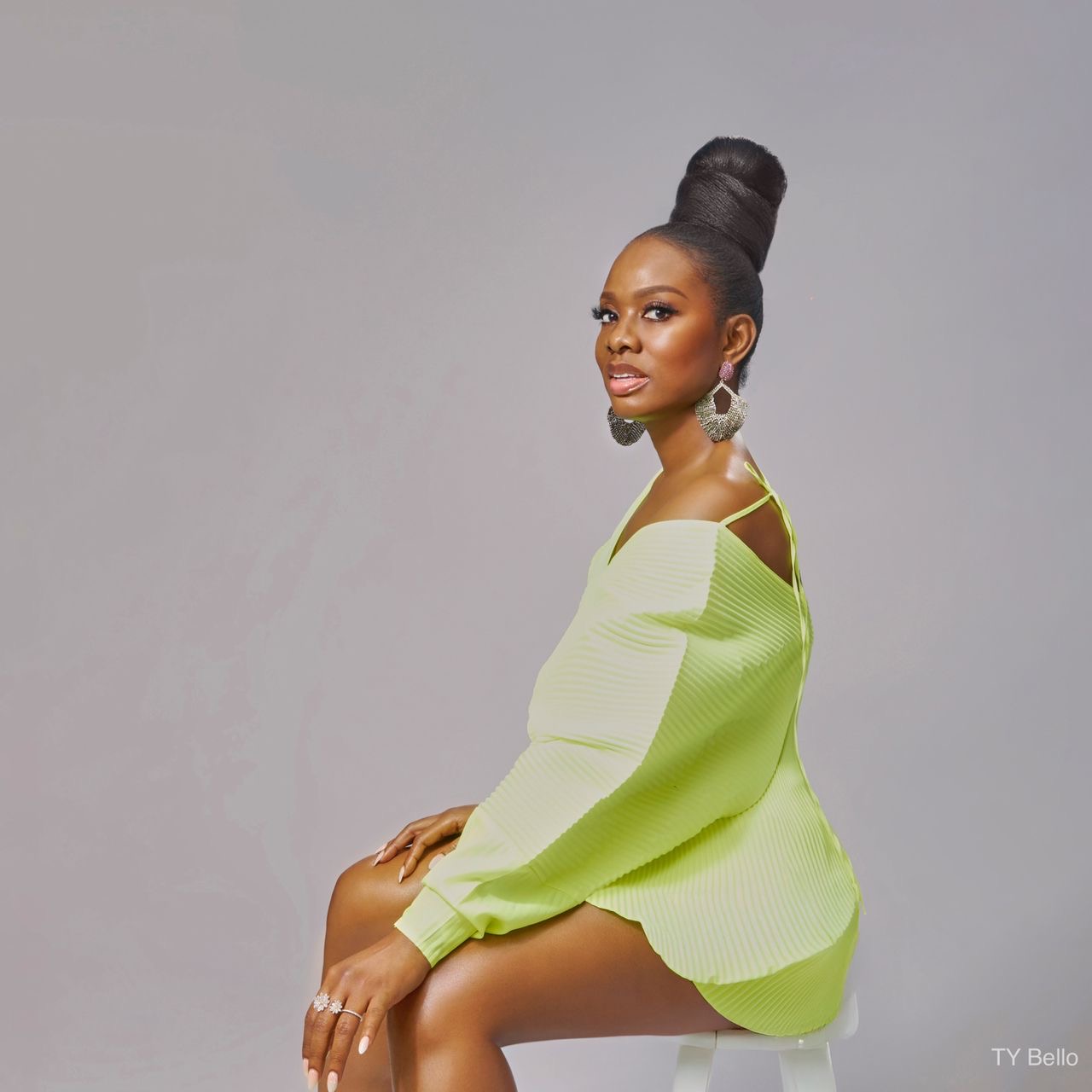 Is there a daring, innovative concept for Zaron that you’ve been contemplating but haven’t yet unveiled? With the rise of beauty technology-like virtual try-ons and AI-powered skin analysis-do you see Zaron embracing these advancements, or do you feel African beauty culture still values a more personal, human connection?
Is there a daring, innovative concept for Zaron that you’ve been contemplating but haven’t yet unveiled? With the rise of beauty technology-like virtual try-ons and AI-powered skin analysis-do you see Zaron embracing these advancements, or do you feel African beauty culture still values a more personal, human connection?
That’s a secret for now… but stay tuned!
Lastly, since your daughters’ names are embedded in the Zaron brand, if they decide to carry the legacy forward, what key advice would you offer them about balancing innovation with tradition?
They must champion the growth of enduring African enterprises and focus on building wealth that spans generations.
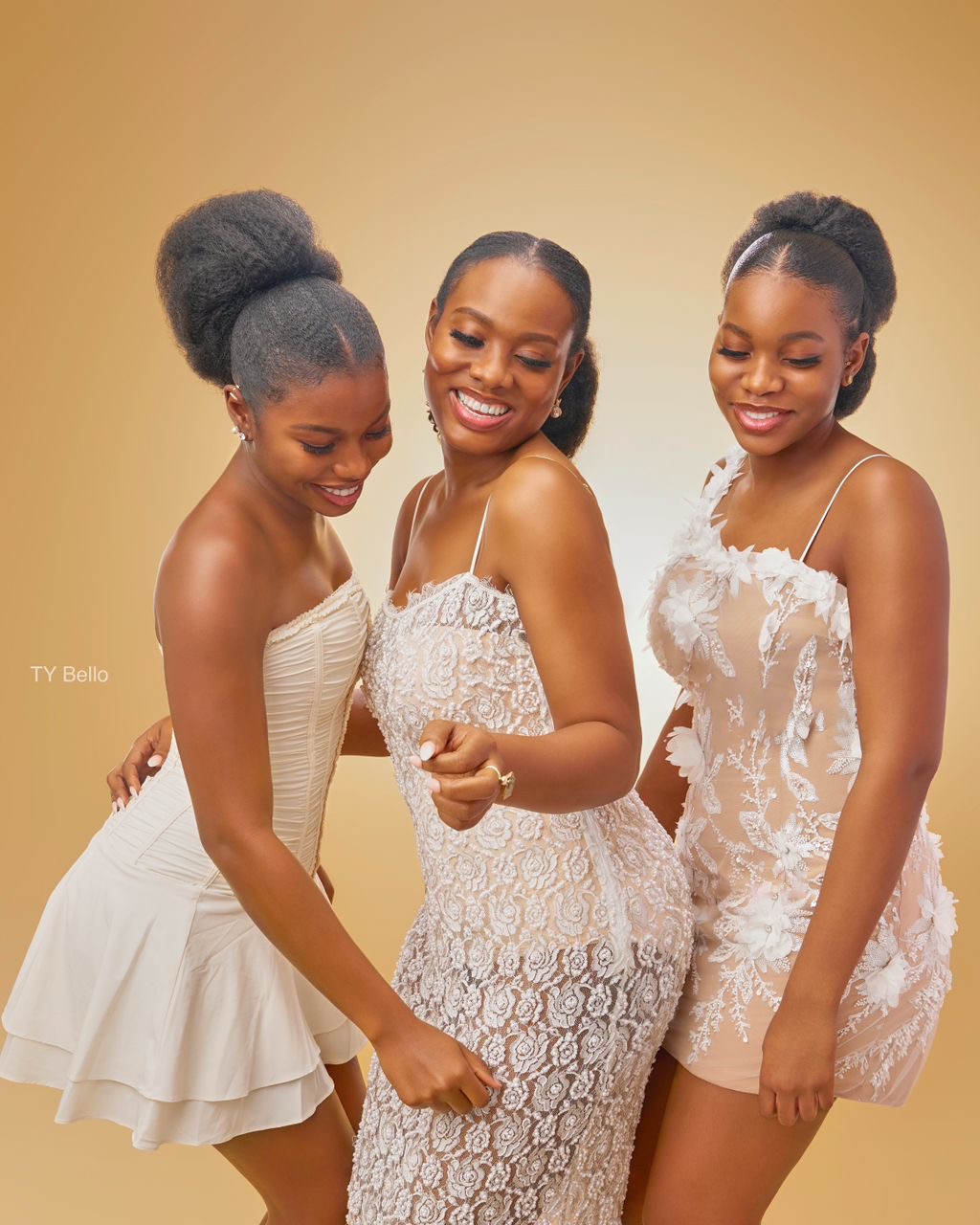
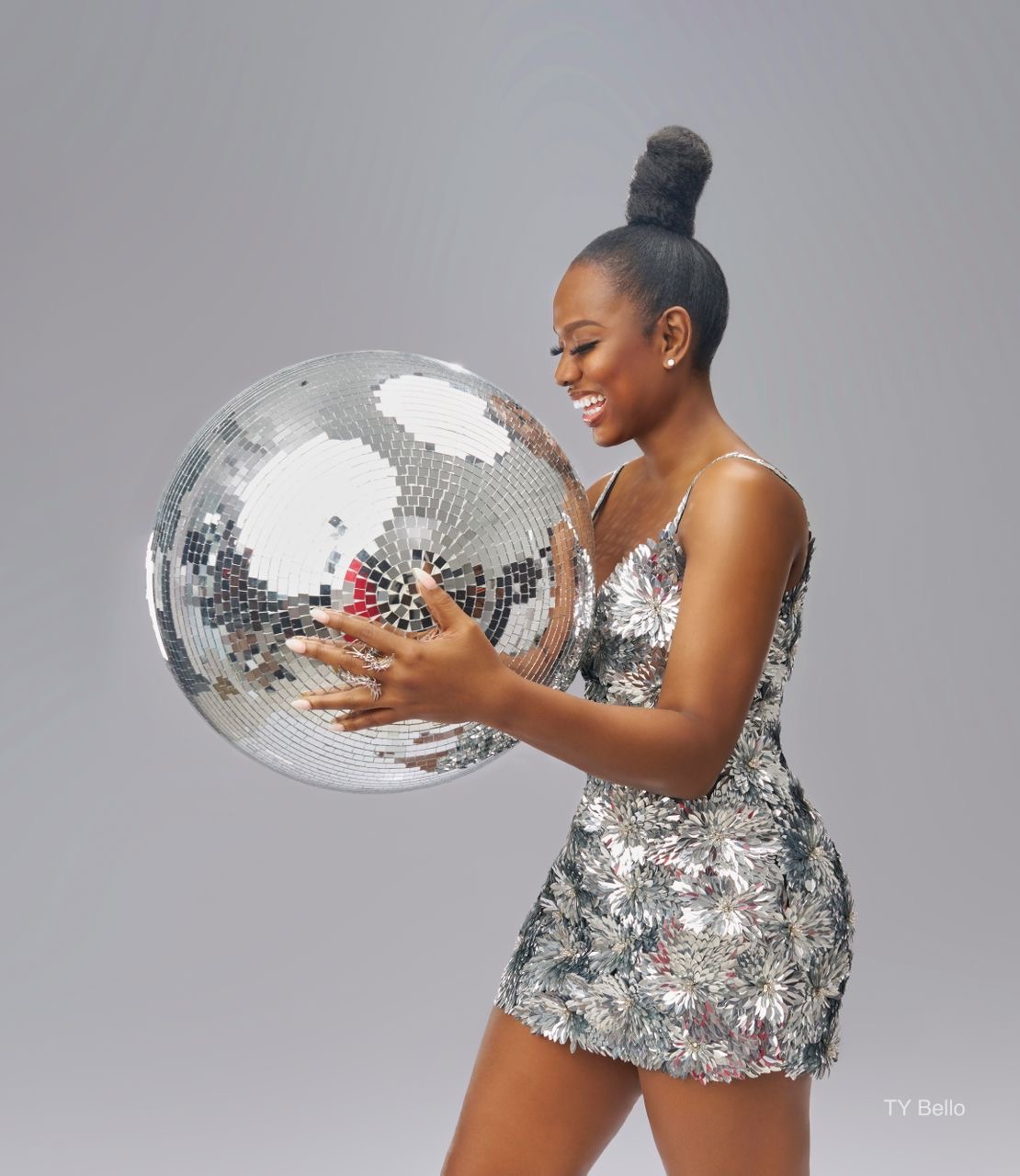






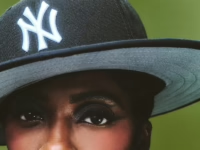


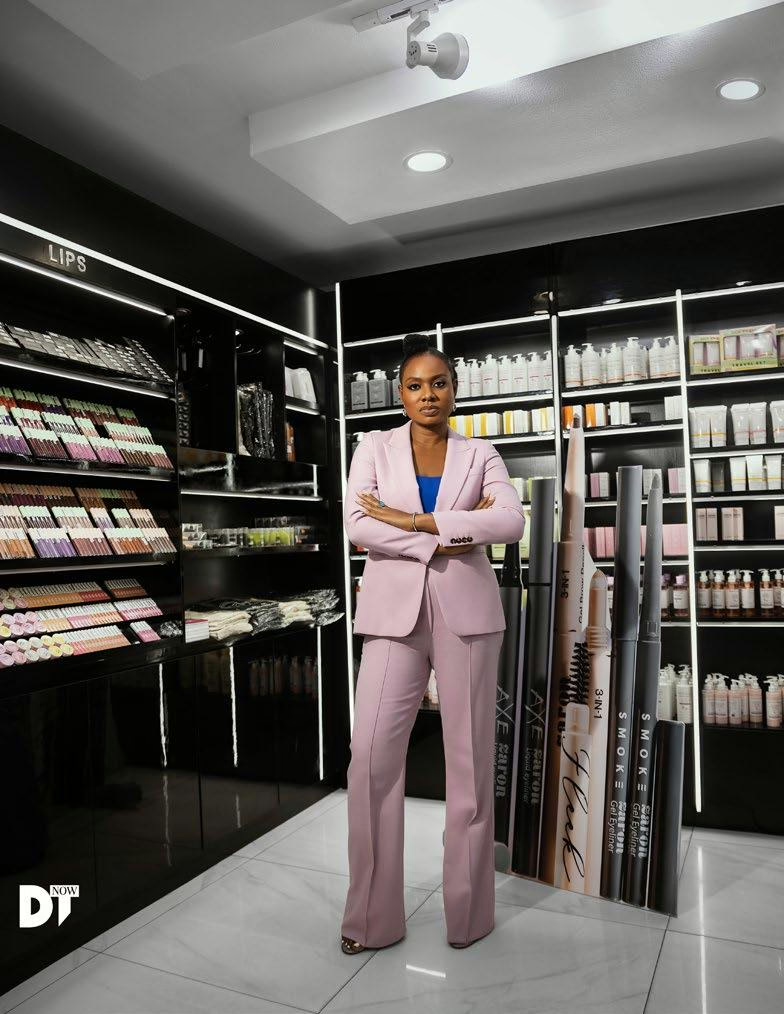







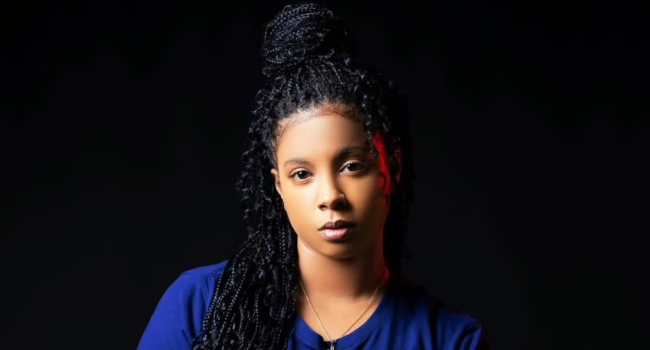


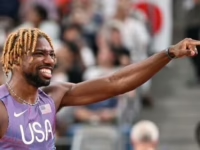


0 Comments